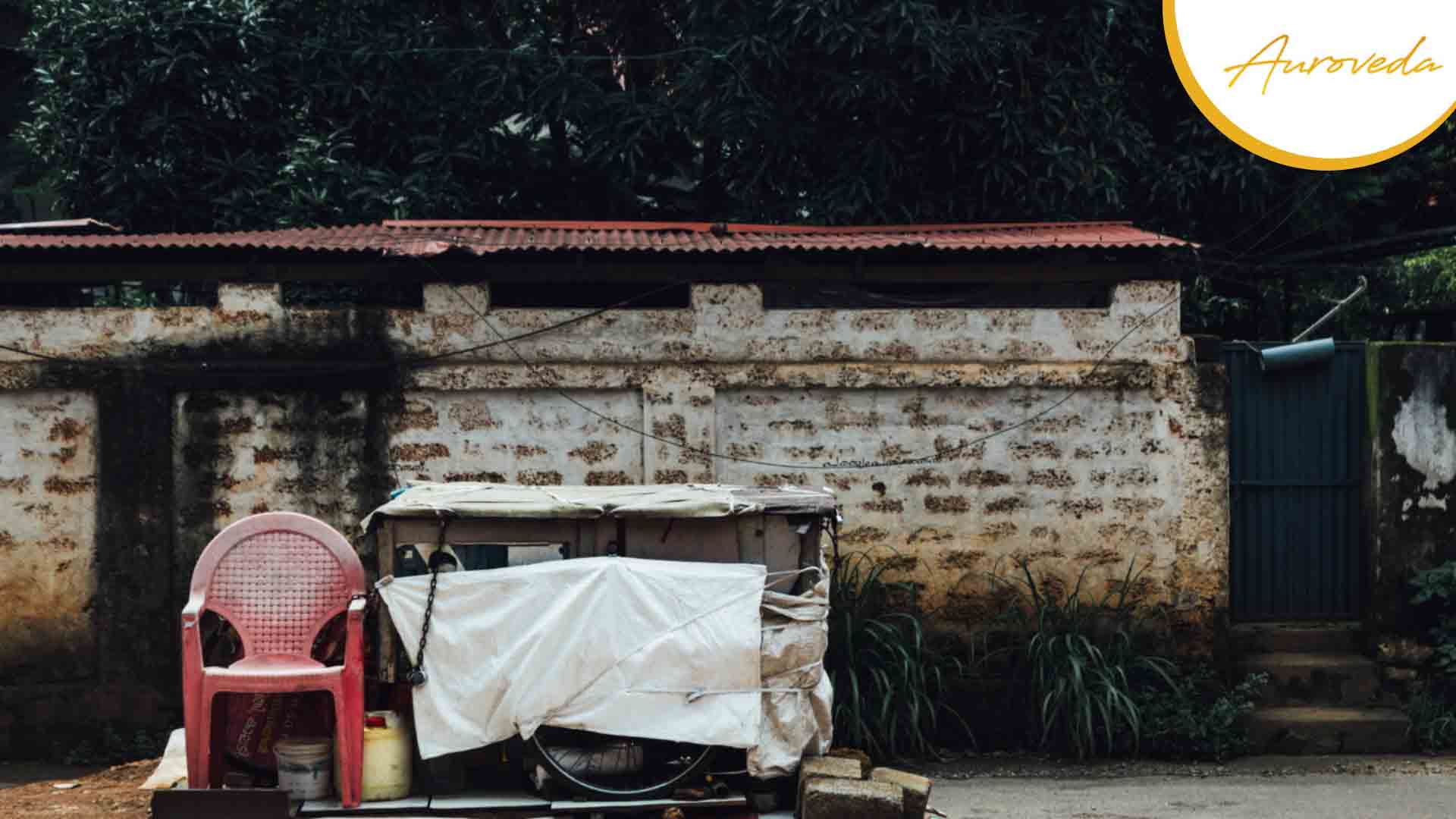Since the beginning of time, India has welcomed refugees and those seeking sanctuary with open arms, and several refugee communities have prospered there. India has a long history of taking in refugees from throughout the globe. Around 200,000 refugees and asylum seekers, mostly from Afghanistan, Myanmar, Tibet, Somalia, Syria, and Palestine, currently reside in the nation. Even though there are many refugees in India, their position is still difficult for them, and many of them face discrimination, an absence of access to essential services, and restricted economic possibilities. In the following article, we’ll talk about the current refugee situation in India and look at what individuals can do to help them.
Refugee Situation in India Today
The 1951 United Nations Refugee Convention and its 1967 Protocol are not ratified by India. As a result, it lacks a complete legal system to safeguard refugees and asylum seekers. India does, however, adhere to a non-refoulement principle, which states that it won’t send refugees back to their home countries against their will if doing so could endanger their lives or freedom. India has over the years offered asylum to refugees from various regions of the world.
Currently, Afghanistan and Myanmar account for the majority of refugees in India. The number of migrants applying for asylum in India has increased since the Taliban seized control of Afghanistan in August 2021. In a similar vein, India has seen a large migration of Rohingya refugees as a result of the conflict in Myanmar. There are now 16,000 Rohingya refugees living in India, many of whom have poor living circumstances and little access to needs.
The lack of legal status that refugees in India are subject to is one of their major problems. They cannot create a bank account, access healthcare, or engage in legal employment without proper documentation. Many refugees are compelled by this circumstance to labor in the unofficial economy, where they are susceptible to abuse and exploitation. Additionally, the COVID-19 outbreak has made things worse for them as many have lost their employment and struggled to make ends meet.
How Can You Help?
1. Donate to organizations working with refugees
Many organizations, such as Auroveda, work with refugees in India to provide them with shelter, food, healthcare, and education. Donating to these organizations can help them continue their vital work.
2. Volunteer with organizations
Making a difference through volunteer work with refugee-focused organizations may be quite rewarding. Volunteers are frequently needed by organizations like the UNHCR, Auroveda, and Caritas India to help with their programs. Volunteering can take many different forms, like aiding with healthcare services, giving legal assistance, or teaching English.
3. Raise awareness
Raising awareness of the plight of refugees in India could foster compassion and support for them. People can organize gatherings, publish information on social media, or write to their elected officials asking them for help with refugees.
4. Support refugee businesses
Because they lack legal status, many refugees in India run small businesses such as tailoring shops or food carts. Supporting these businesses by purchasing their products or using their services will help them earn a living and better their lives.
5. Advocate for policy change
Did you know that even individuals in India may push for legislative changes that assist refugees? This includes requesting that the Indian government provide a legal framework for refugee protection, increasing financing for organizations that work with refugees, or granting refugees legal status so that they can work and access essential services.
6. Donate material support
Refugees frequently face a lack of essentials such as food, clothing, and shelter. Individuals can help refugees by donating food, clothing, or other necessities to organizations that deal with them. Alternatively, they could also organize campaigns to collect donations from local communities and distribute them amongst refugees in need.
The refugee situation in India remains challenging, with many refugees facing discrimination, and limited access to basic services, and economic opportunities. As individuals, there is a lot we can do to help improve the situation even if it may not seem like it. By coming together and supporting refugees in India, we can help ensure that they receive the protection and support they need to live dignified lives.

